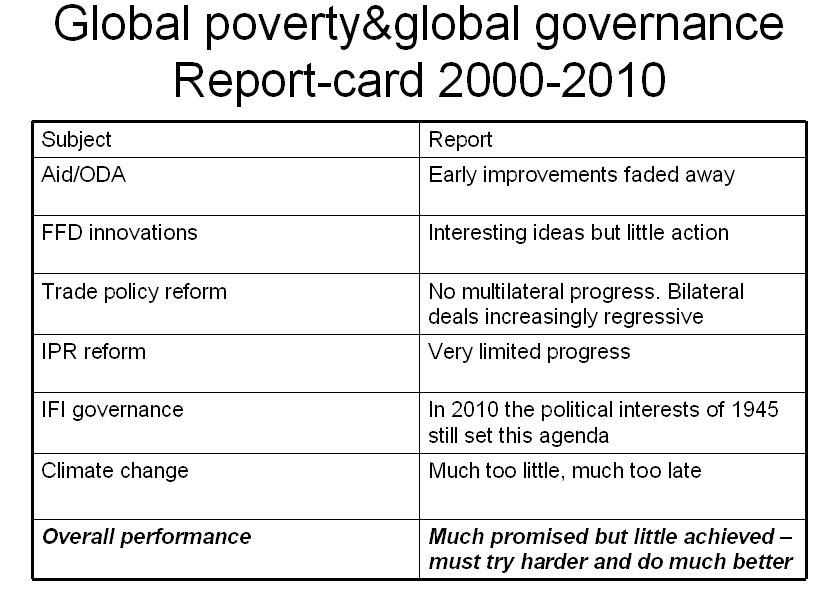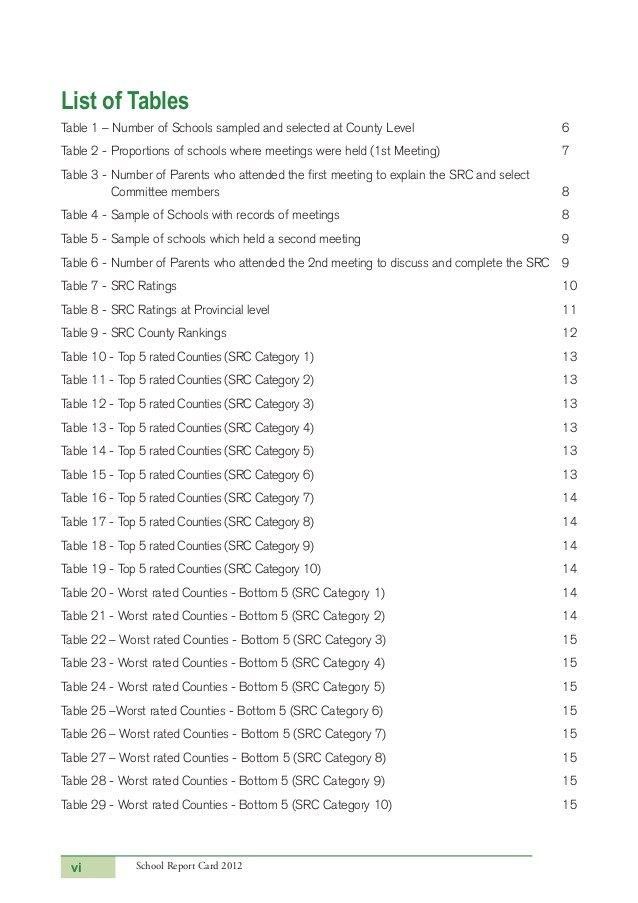Report Cards On Governance
Post on: 3 Июль, 2015 No Comment

June 12, 2005
In the wake of countless scandals and financial blowups, Corporate America is increasingly under scrutiny on a wide range of issues, including governance. Quantifying good stewardship is a lot trickier and more subjective than assessing a balance sheet. Several firms make such judgments for institutional investors, but until recently there has been nothing available to help individual investors identify companies with good governance.
Now you can get hold of these grades from Institutional Shareholder Services (ISS), a Rockville (Md.) firm that mainly caters to institutions, and from Morningstar (MORN), the Chicago research firm best known for mutual-fund ratings.
Finding these grades is easy — they’re on the Web. Interpreting them is anything but. The two services take vastly different tacks to evaluating companies, so the end result can be contradictory scores. ISS judges a company’s governance practices relative to those of its peers as well as to the broader stock market, using information gleaned from public documents. Morningstar starts with public data, but then incorporates discussions with management and the company’s governance track record into the mix. Peer comparisons do not factor into Morningstar’s final score. Overall, its governance ratings ultimately provide more context — and guidance.
Just look at how the two services rank Walt Disney (DIS), the media giant often derided by shareholder groups. Morningstar assigns the company a low D grade because of concerns about Disney’s excessive use of pro forma financial information, high executive compensation, and a history of poor governance practices. But ISS gives Disney the top industry score of 100% — its best among media companies — mainly because the company doesn’t have two classes of stock with unequal voting rights commonly found in the media group. ISS also gives Disney credit for announcing major changes this year, including a separation of the chairman and chief executive roles. Morningstar, however, will give Disney no points for those changes until the company’s financial results improve.
The biggest downside to the ISS scoring system is its methodology. ISS, which added its corporate governance ratings to Yahoo! (YHOO) Finance (finance.yahoo.com) in April, bases its ratings on 61 criteria, including executive compensation, audit practices, and takeover defenses. Those are the right areas to probe, but since companies are stacked up against similar outfits as well as the broader market, every sector — including industries generally weak in corporate governance such as media and food — has standouts. Someone is always better than someone else, says Randall Hancock, executive vice president of the ISS Global Research Group.
DIFFERENT AUDIENCES
Morningstar, which has been publishing stewardship grades on its Web site (morningstar.com) since February, shuns relativism. We take the view that corporate stewardship is not a relative thing. It’s an absolute, explains Patrick Dorsey, Morningstar’s director of stock analysis. We see no reason to give the least horrible company in a horrible industry any credit. Morningstar’s analysts use a list of 20 questions to grade a company, examining areas such as the use of one-time charges and write-offs.

ISS’ and Morningstar’s assessments don’t always differ — Microsoft (MSFT) gets high governance grades from both. But some of the disparities you’ll find may reflect the core audience of each service. ISS’ 1,200 institutional clients generally place a strong emphasis on benchmarks and relative performance. Morningstar caters to individual investors and their search for absolute performance as they build a nest egg or fund a college education.
Since ISS’ corporate governance scores are available for free on Yahoo, they are certainly worth a look, especially since the firm covers 5,400 companies in the U.S. as well as an additional 1,700 globally. One big problem with the ISS scores is that you won’t find any explanations for them — that information is reserved for institutional clients who pay thousands of dollars a year for it. (ISS provided scoring details at BusinessWeek’s request.)
Morningstar rates just 800 companies. (Companies, incidentally, do not pay for ISS or Morningstar coverage.) Access to Morningstar’s grades is not free. It requires a subscription to the premium portion of its Web site, which costs $13.95 per month. For the investor who revels in a lot of detail, it’s definitely worth the price because the stewardship grades come with a lengthy report that includes analysis of a company’s valuation, risk, strategy, and financial health. And of course, you get access to other premium stock and mutual fund data.
Since corporate governance ratings are so new, there’s no strong data that indicate they can lead you to a winning investment. It’s simply another relevant information point in evaluating a stock, says Charles Elson, director of the John L. Weinberg Center for Corporate Governance at the University of Delaware. There are plenty of well-governed corporations with expensive stocks. The ultimate goal is to find shareholder-friendly companies at bargain prices.














